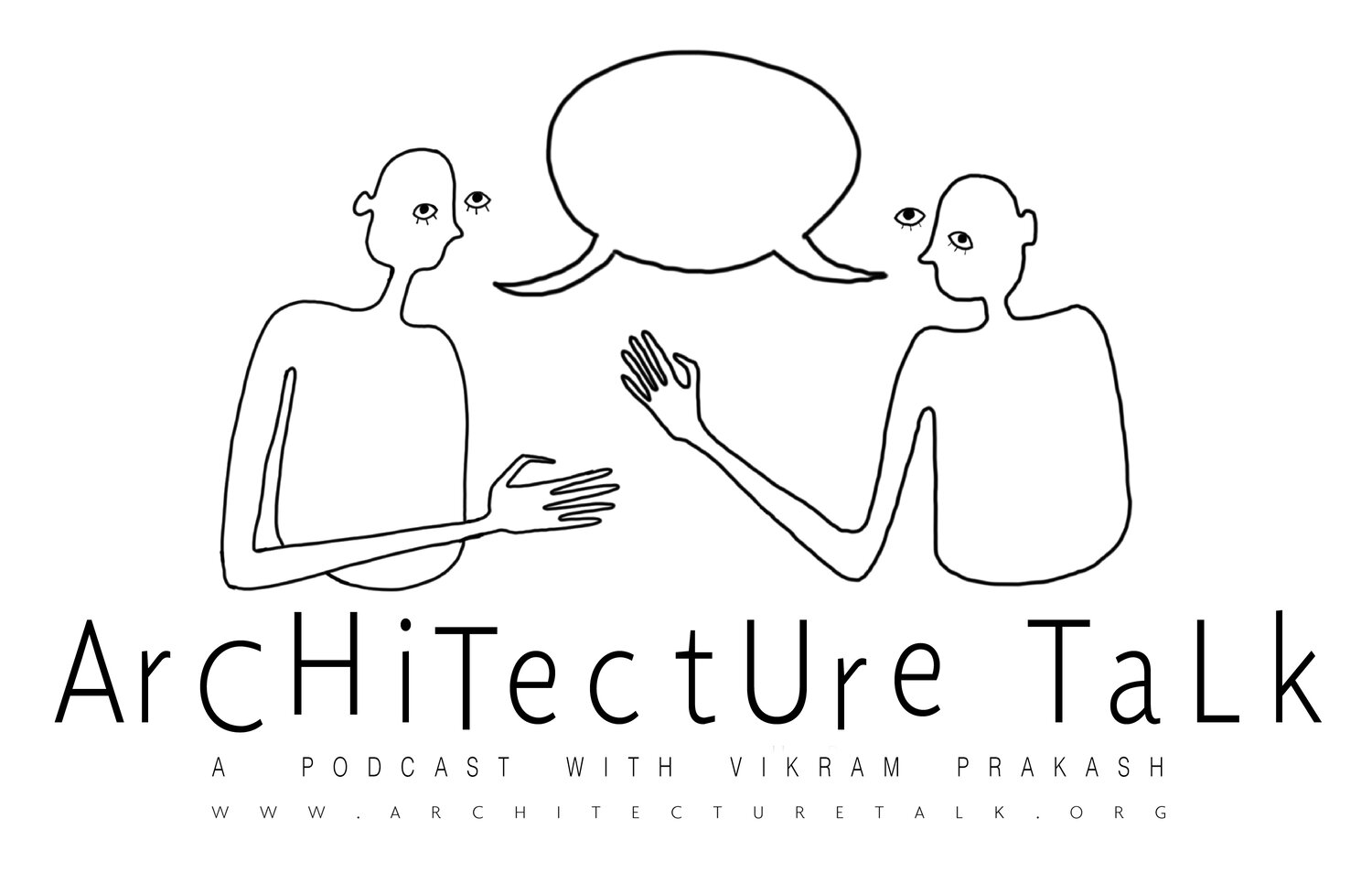12: Global Modernism with Tom Avermaete
““Do people care for this environment? Do they belong there? Do they have a certain rapport?””
Tom Avermaete, professor of architecture at Delft University of Technology, discusses his GAHTC module, co-authored with Michelangelo Sabatino, on the historiography of mid-century modernism. Entitled "The Global Turn" the six lectures of their module articulate an alternative history of modernism as a network of collaborations cultivated in the context of the decolonizing world. Discussion topics include (post)colonial modernism, multi-layered collaborations, migration and housing, modernism and neoliberalism, Chandigarh, Casablanca and the 'commons' in the city.
Timestamp Outline
0:51 “The Global Turn”, global midcentury modernism module from GAHTC with Michelangelo Sabatino
3:07 “Modernism was indeed as much about exchange between different national, political and cultural geographies as it was about a single dogma.”
4:02 Old view of Modernism (Eurocentric, import-export) vs “Modernism as contact zones”
7:12 What are the circumstances that set up a “contact zone”?
7:41 Decolonization as a “contact zone” moment
9:58 “Like-minded people,” Nehru-Corbusier collaboration: “Very often these collaborations were across disciplines.”
13:10 The idea of “progress” at a mass scale
13:55 Casablanca, Chandigarh, and citizen agency in urban planning
17:08 Housing and civic spaces as common resources, and issues of migration and dwelling today
23:32 London: housing shortages Postwar (strong nation state) vs today (neoliberal logics)
31:30 Was it a mistake to break up architecture into multiple disciplines?
34:22 “The architectural discipline has been pushed to a particular camp... into an aesthetic realm, a realm of images. Other actors are taking over.”
36:00 A new sort of urbanity invented in Chandigarh, Casablanca and Brasília: civics rather than consumerism
39:09 Where are the citizens going to encounter the ‘other’? How do we retain a nuanced balance of private and collective domains?
42:17 Civic spaces in Chandigarh: plaza in Neelam Cinema, Sector 17, and the ineffable space between the capitol buildings
43:26 “We are somehow trying to get back to a post-disciplinary world, trying to work collaboratively.”
44:42 Citizen participation and levels of temporality in the built environment
49:22 Book: Casablanca Chandigarh: A Report on Modernization
50:32 “Participation is not only participating in the initial development of the city, but it’s also participating in what I would call the biography of the city...Do people care for this environment? Do they belong there? Do they have a certain rapport?”







